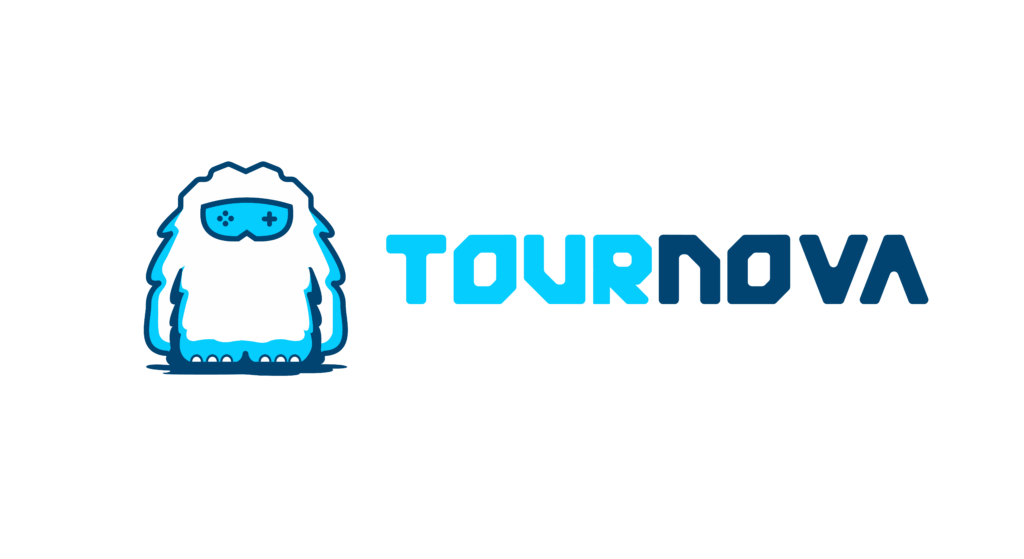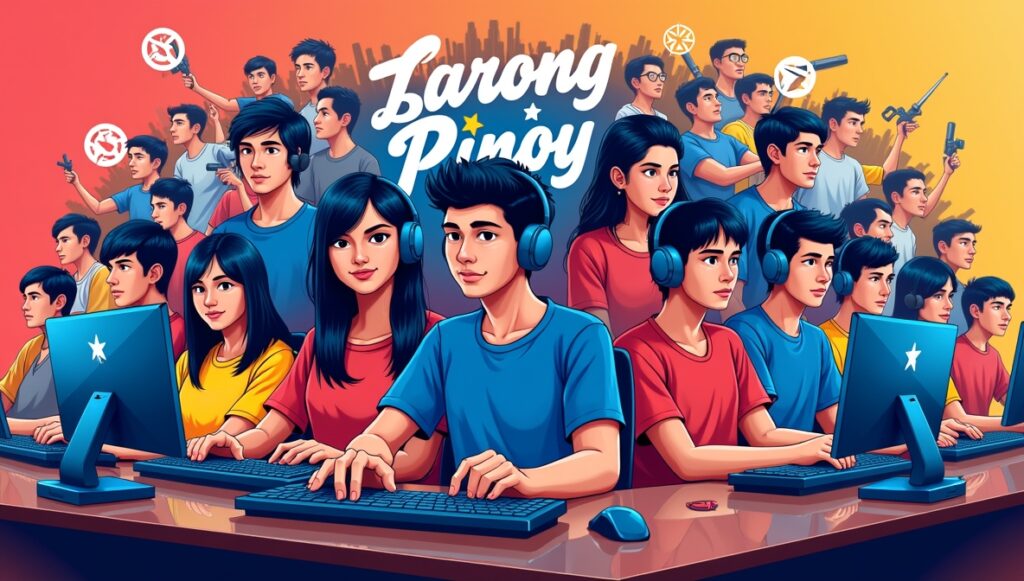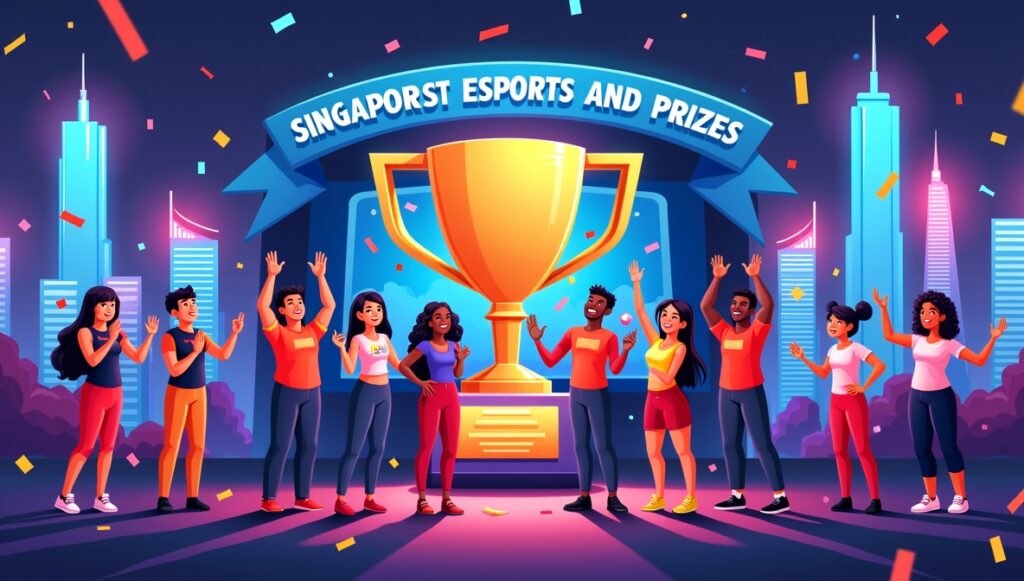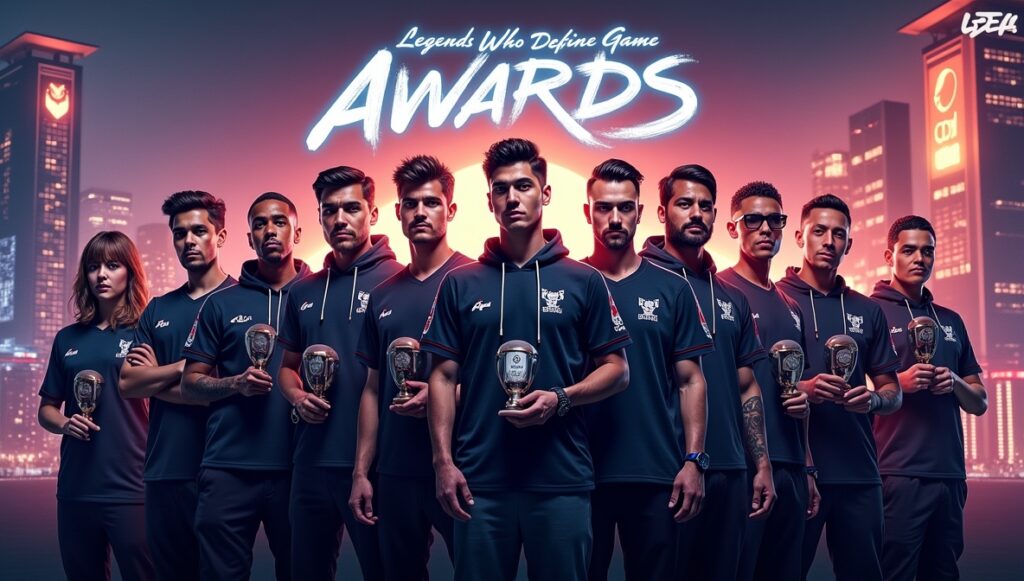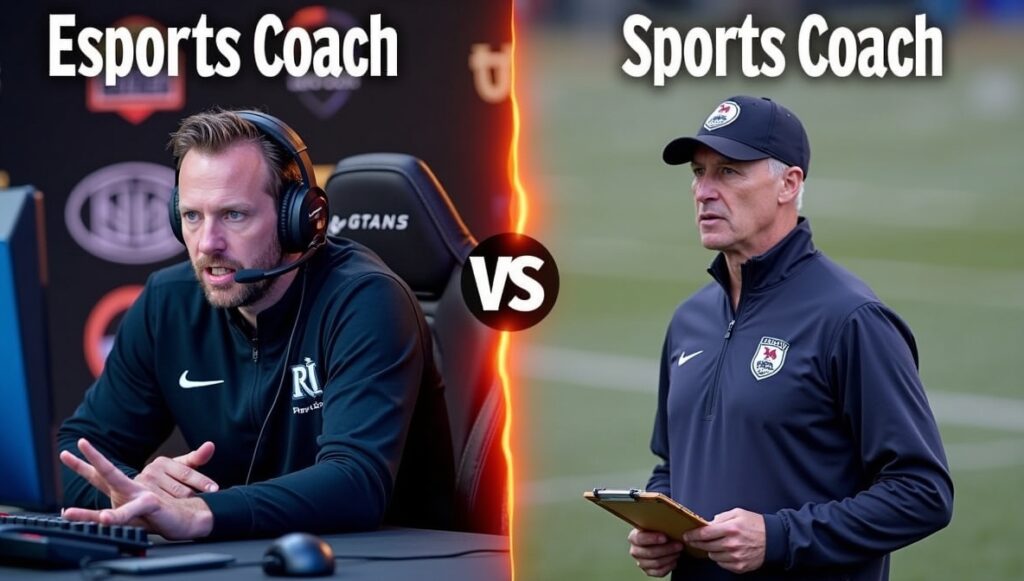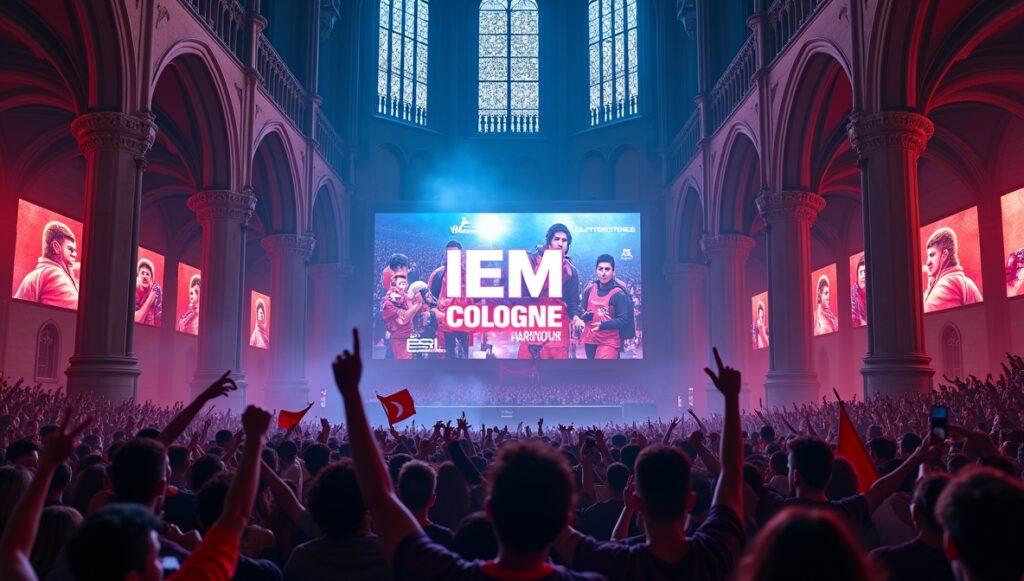Esports—a field where rapid reflexes meet complex strategies and players become legends. It’s a high-performance field that rivals traditional sports, demanding not just physical skill but mental fortitude. In this space, mental training for esports is as crucial as technical gameplay because it’s the psychology behind the player that bridges the gap between being good and being truly great.

Mental Training for Esports: Sharpening the Mind’s Edge
Imagine esports psychology as the guiding hand behind every calculated move a player makes. It’s the application of psychological principles to improve performance and well-being in competitive gaming. While traditional sports psychology has long helped athletes manage stress and enhance focus, esports psychology adapts these principles to the digital battlefield. Esports psychologists are crucial, offering support in areas such as stress management, cognitive focus enhancement, and mental health, helping players navigate the pressures of high-stakes tournaments with clarity and resilience.
The Benefits of Mental Training for Esports Players
Improved Focus and Reaction Time
Maintaining concentration during long matches can be daunting. Techniques like focused breathing, visualization, and segmented focus strategies help players keep distractions at bay in high-pressure settings. When immersed in games like Valorant or CS2, a lapse in concentration can mean the difference between victory and defeat.
Stress and Anxiety Management
The nerve-wracking environment of esports tournaments is palpable. Breathing techniques, meditation, and mindfulness practices are more than just buzzwords—they’re lifelines for mental training for esports. Players use these methods to handle the pressure of global stages, such as the League of Legends World Championship, transforming anxiety into adrenaline that fuels peak performance.

Teamwork and Communication
Like any team sport, esports relies heavily on trust and synergy within groups. Through psychology-based training, players learn to communicate openly and resolve conflicts effectively. Games such as Dota 2 require seamless unity, where every member is tuned to the same frequency, working harmoniously to achieve common goals.
Resilience and Adaptability
In the ever-shifting landscape of games, where meta changes alter the gameplay dramatically, resilience becomes indispensable. Mental training equips players to overcome in-game setbacks and adapt to new strategies promptly. Whether tackling a surprise patch update in Overwatch or an unexpected challenger, resilience turns adversities into opportunities.
Prevention of Burnout
With the demanding schedules esports require, avoiding burnout is key, and one of the ways to do that is via mental training for esports. Balancing practice, competition, and rest through organized routine and recovery phases ensures longevity in the field. Players are taught the importance of mental recovery, just as athletes are educated on the necessity of physical recovery.
Read More: Top 10 times Esports players were caught cheating

Key Psychological Techniques for Esports Players
Visualization
Imagining success fuels excellence. Visualization techniques train the mind to anticipate every move, scenario, and outcome, producing better real-world performances. Players like those from Team Liquid often visualize clutch moments to secure victories under pressure.
Goal Setting
Applying SMART (Specific, Measurable, Achievable, Relevant, Time-bound) goals transforms lofty ambitions into achievable milestones. Breaking down complex objectives into manageable steps ensures consistent progress, a strategy embraced by icons in esports like those in the CS2 scene.
Cognitive Behavioral Techniques
Reframing negative thoughts into positive, actionable insights can alleviate performance anxiety. This approach helps players address self-doubt with confidence, a vital skill when facing the heat of competition.
Meditation and Mindfulness Practices
Incorporating mindfulness into daily routines enhances focus and emotional regulation. This practice ensures that players maintain composure during intense matches, leading to more controlled and strategic plays.

Mental Health Challenges in Esports
The highly competitive environment can take a toll on mental health, leading to stress and social isolation due to intensive training schedules. Toxic environments in online gaming communities amplify these pressures, making it crucial to recognize and address these issues proactively through mental training for esports.
Real-Life Examples of Mental Training in Esports
Players from teams like Astralis in Counter-Strike: Global Offensive have demonstrated significant improvements through mental coaching. The impact of psychological support during global championships has been profound, sometimes deciding the champions from the runners-up. Notable teams frequently employ full-time psychologists to sustain a competitive edge.
How Organizations Support Mental Training for Players
Esports Teams with Dedicated Psychologists
Organizations like T1, Astralis, and Cloud9 set benchmarks in integrating psychological support, highlighting its importance in competitive success.
Workshops and Training Programs
Esports teams offer specialized workshops aiming to boost mental skills, combining cognitive strategies with practical gameplay improvements.
Integration of Mental and Physical Coaching
To create well-rounded athletes, organizations now merge psychological training with physical fitness regimens. This holistic approach promotes balanced development, fostering both mental acuity and physical readiness.
Read More: The Greatest Call of Duty Player of All Time

Mental Training Tips for Aspiring Esports Players
- Establish a Daily Routine: Incorporate mental exercises to sharpen focus.
- Practice Mindfulness and Relaxation: Techniques help manage stress in competitions.
- Monitor Mental Health: Recognize when to seek help and use tools like apps for
- support.
Tournova: For the Players
The article underscores the critical role of mental training in esports, highlighting how psychological techniques enhance players’ focus, stress management, teamwork, resilience, and adaptability. These insights can significantly augment the platform’s offerings for esports tournament management and user engagement. By integrating esports psychology principles such as visualization, goal setting, and mindfulness into its platform, Tournova can enhance the competitive experiences of its users. Moreover, the token economy ($TNT) can be aligned with these mental training goals by incentivizing participation in workshops or training sessions that bolster these skills.
Our platform’s usage of Telegram and Discord allows seamless access to tools that support mental resilience, much like the esports teams that successfully incorporate psychological coaching. By facilitating mental training resources and workshops, our platform can foster a community that values holistic development, balancing mental preparedness with technical skills. This approach not only nurtures player longevity and wellness but also strengthens its position as a leader in creating enriching digital competition environments.
Conclusion
By equipping esports players with psychological tools, we enable them to reach new heights, balancing the mental demands of the sport with their passion for gaming. As the line between traditional sports and esports continues to blur, the importance of mental training for esports becomes ever clearer—proving that sometimes, the greatest battles are fought in the mind.
FAQ
What psychological trait is most beneficial in esports?
Building resilience is crucial; it helps players recover quickly from setbacks, maintain focus, and continuously improve.
How can beginners implement mental training in their practice?
Start with basic mindfulness exercises and set clear, achievable goals to build mental acuity alongside technical skills slowly.
Are there esports-specific apps for mental training?
Yes, apps like Headspace and Calm offer tailored exercises beneficial for focusing and stress management in gaming environments.
